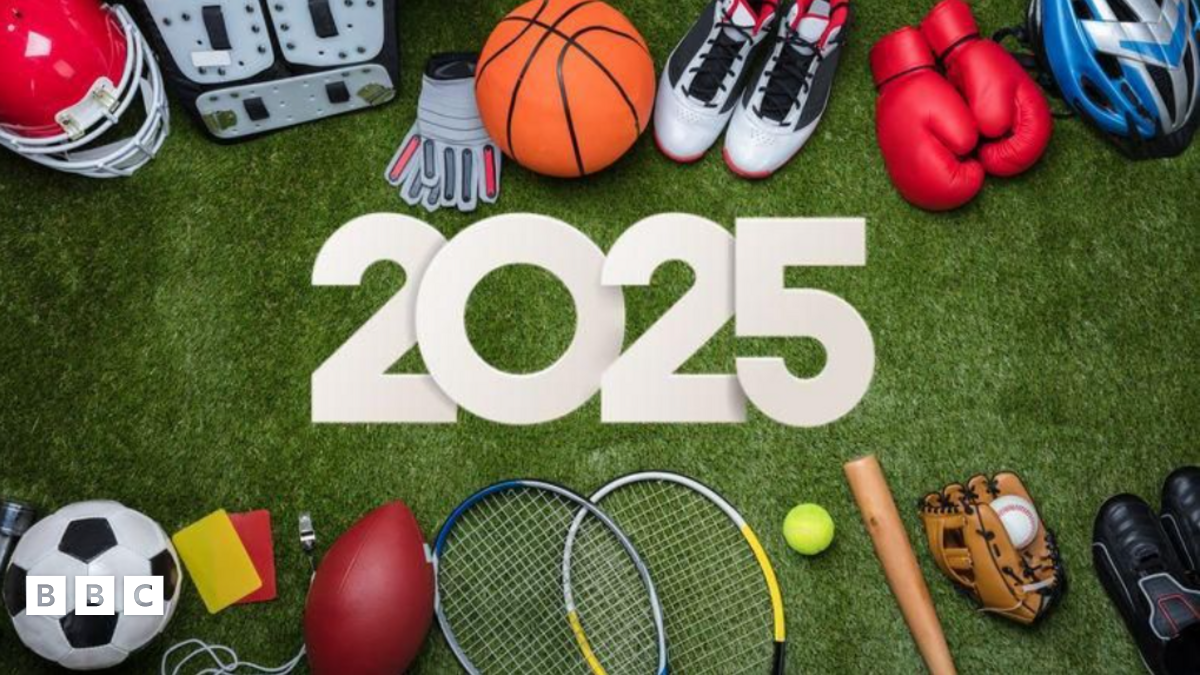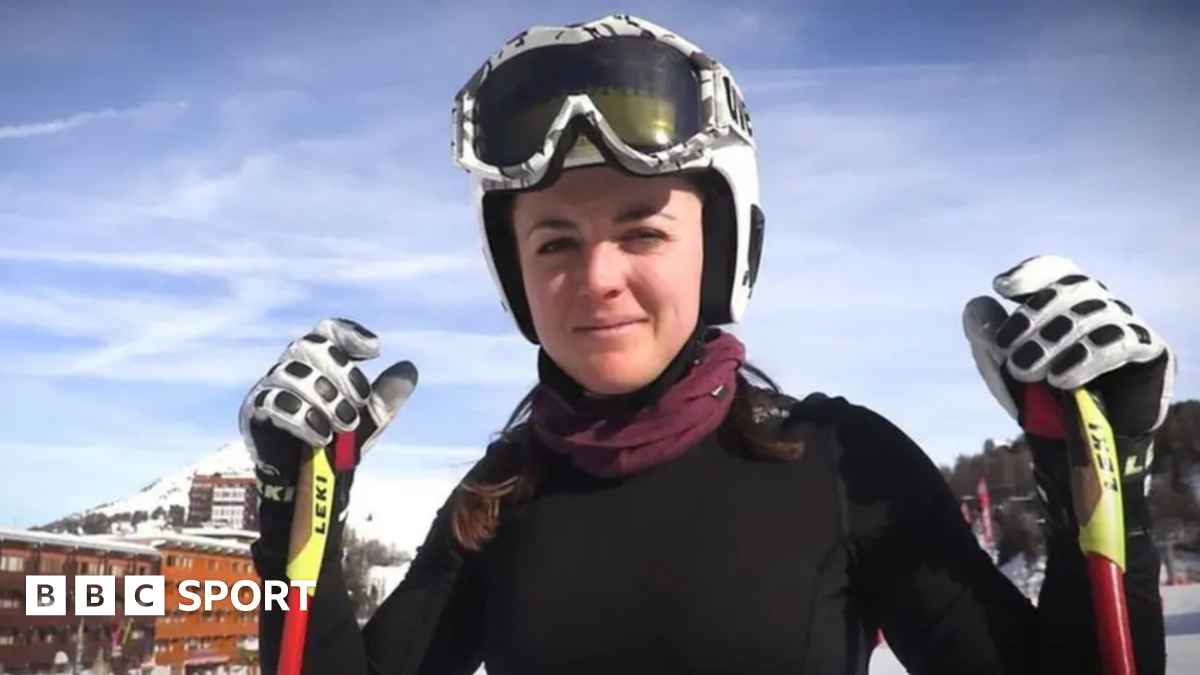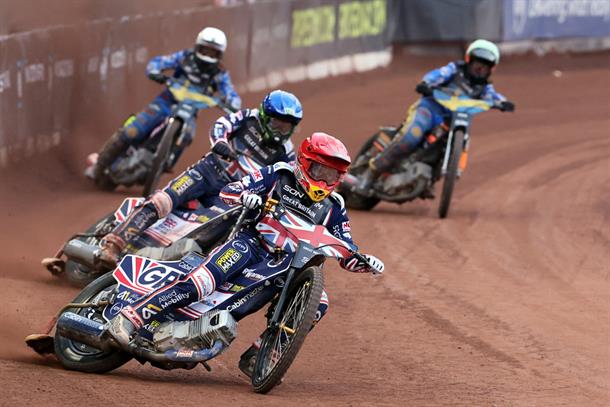Team GB make splash with first Paris Olympics medal amid diving drama

- by Admin
- July 27, 2024

A sumptuous Chinese procession, an epic Australian choke and a first medal of the 2024 Olympics for Team GB. On a dramatic opening morning in the Aquatics Centre, Scarlett Mew Jensen and Yasmin Harper claimed a bronze medal in the women’s synchronised 3m springboard, proving one of the oldest truisms in sport. You need talent, you need training, you need dedication and you need resilience. But sometimes, you also need a little luck.
Fortune was scarcely a factor for the Chinese pair of Chang Yani and Chen Yiwen, unbeaten at global level since 2022, and who glided to victory by a margin of more than 23 points here. In an event where the bars to entry are vertiginously high, where every competitor is polished and accomplished in ways we can barely imagine, the Chinese still somehow looked as though they were competing on a different plane: not so much diving into the water as diving through it, folding themselves into the pool as if guided by computer design.
But for Mew Jensen and Harper, sitting in fourth position going into the final round, a spirited dive was followed by an agonising wait. China had secured gold, the United States pair of Sarah Bacon and Kassidy Cook the silver. Australia, represented by Maddison Keeney and Anabelle Smith, were well clear in third. A halfway competent final dive, the forward two-and-a-half somersaults with a twist, would earn them a medal.
Instead, as they made their final spring, Smith slipped on the corner of the board and flew off at an angle, spinning and landing with all the grace of a crash test dummy being hurled out of an upstairs window. The dream was over; four years of hard work detonated with an almighty splash, and afterwards Smith – who came into this competition with a reputation as the more reliable of the pair – was utterly inconsolable.
“We knew that even if we did a good one, we’d still be on the back foot,” said Mew Jensen. “We knew that Australia needed to mess up, basically. So for that to actually happen, we were very shocked, because that’s a very easy dive for them. They’re very talented, very experienced.”
“To watch them not perform on the last round, I feel like I knew straight away that it wasn’t enough,” said Harper, who turns 24 on Sunday and will compete in the individual competition on 7 August. “It’s basically a dream come true. And it’s all we’ve worked towards.”
For much of the competition, it looked as though Team GB’s pair would fall short. They nailed their first effort, a simple back dive, putting them in second place. But Harper over-rotated on their third – the same dive that would floor the Australians later – leaving them in sixth place, behind not only Australia but also Germany and Italy.
But then, these are two women who have sailed through far tougher waters. Mew Jensen, from Tower Hamlets, crashed out of the Tokyo Games three years ago, and just a couple of months later was plunged into grief over the death of her coach David Jenkins from sudden adult death syndrome. He was just 31.
Now working with coach Jane Figueiredo, and with the help of extensive therapy sessions, she had fought her way to the top of the sport that first captured her imagination more than a decade ago, when she could hear the roar of the Olympic Stadium from her front room.
after newsletter promotion
Harper trains at Ponds Forge in Sheffield under the tutelage of coach Tom Owens, and came to the sport relatively late – aged 14 – after switching from gymnastics. Mew Jensen remembers a junior competition when Harper hit the board during practice and emerged from the pool with her entire shin covered in blood. A generous helping of bandages later, she was back on the board, and won.
The pair competed together as juniors before teaming up formally in 2022. A silver at the world championships in Fukuoka last year was followed by bronze in Doha in February. And yet while they outperformed their scores in both of those championships, for most of the morning they seemed out of the running. As they clambered from the pool after their final dive, they looked defiant but beaten, aware they needed a miracle. To their delight, and that of the millions watching back home, it arrived.
The Latest News
-
December 23, 2024Christmas shopping from a more civilised age! As Britain is gripped by festive getaway chaos and a looming recession, how the country used to get its last-minute purchases done in style
-
December 23, 2024Play North® invests in The Netherlands with Dutch online casino brand: Kansino
-
December 23, 2024On board with the pilots doing one of Britain’s toughest jobs
-
December 23, 2024Christmas Travel LIVE: Traffic chaos on motorways while flights cancelled
-
December 23, 2024UK economy stagnates as GDP figures revised down





